The Transformative Power of Residential Solar Panels
In the global pursuit of sustainability and clean energy, residential solar panels are gradually becoming an indispensable part of our daily lives. These seemingly ordinary panels are changing our energy consumption patterns and lifestyles in a unique way, opening a hopeful era of green energy for us.
Residential solar panels, as the name suggests, are solar power devices specifically designed for residential homes. They usually consist of multiple solar cells that convert sunlight into direct current (DC) electricity through the photovoltaic effect of semiconductor materials. This DC electricity can be converted into alternating current (AC) electricity used in our daily lives through inverters, providing power for household appliances, lighting systems, and more.
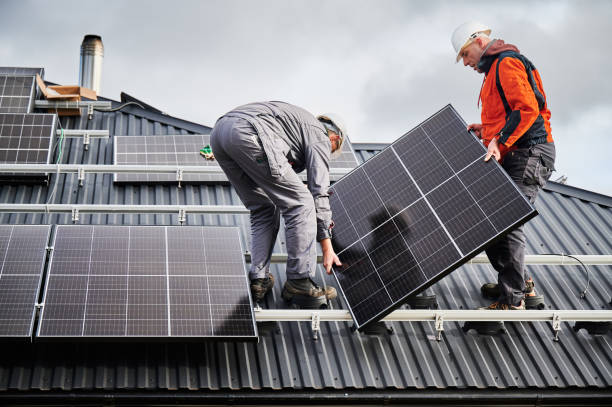
The main materials for solar panels include silicon, cadmium telluride, copper indium gallium selenide, among others. Silicon is currently the most commonly used material due to its high photoelectric conversion efficiency and stability. With continuous technological advancements, the photoelectric conversion efficiency of solar panels has been steadily improving, from the initial teens to now over 20%, significantly reducing the cost of solar power and expanding its application range.
The working principle of solar panels is based on the photovoltaic effect. When sunlight hits the solar panel, the energy from the photons is absorbed by the atoms in the semiconductor material, freeing electrons and creating free electrons and holes. These free electrons and holes move to opposite ends of the semiconductor under the influence of an electric field, forming direct current.
To increase the output voltage and current of the solar panels, multiple solar cells are typically connected in series or parallel to form solar modules. Multiple solar modules are then connected in series or parallel to form solar panel arrays to meet the electricity needs of different households.
Advantages
1.Environmentally Friendly and Energy Saving:
Solar energy is a clean, renewable energy source. Using solar panels for power generation does not produce pollutants like carbon dioxide, sulfur dioxide, or nitrogen oxides, making it harmless to the environment. Compared to traditional fossil fuel power generation, solar power can significantly reduce greenhouse gas emissions, helping to mitigate global climate change.
2.Cost Savings:
After installing residential solar panels, households can use solar power to meet part or all of their electricity needs, reducing dependence on the grid and lowering electricity bills. In sunny areas, the cost of solar power generation has even fallen below that of traditional grid power, making solar power an economical and practical energy choice.
3.Increase Property Value:
Homes with solar panels are often more competitive and attractive in the market because they offer long-term energy cost savings and environmental benefits to buyers. Studies show that homes with solar panels can increase in value by about 3% – 5%.
4.Independent Power Supply:
In remote areas or regions with unstable grids, solar panels can provide an independent power supply, unaffected by grid failures or outages, ensuring normal household operations.
Installation and Maintenance
1.Preparation Before Installation:
Before installing solar panels, it is necessary to evaluate the roof structure, load-bearing capacity, orientation, shading, etc., to determine if it is suitable for installation. Additionally, it is essential to apply for grid connection permits from local power authorities and consult relevant policies and subsidy information.
2.Installation Process:
Installing residential solar panels requires professional installers. The installation process includes setting up mounts, installing the solar panels, connecting cables, installing inverters, and connecting to the grid. During installation, safety must be ensured, and the solar panels should be securely and stably installed, with correct and reliable cable connections.
3.Maintenance and Care:
To ensure the normal operation and lifespan of solar panels, regular maintenance and care are required. Maintenance tasks include cleaning dust and dirt off the solar panels, checking cable connections for looseness, and inspecting the inverter’s working status. Generally, solar panels have a lifespan of 25-30 years, and with regular maintenance, they can ensure long-term stable operation.
With continuous technological advancements and cost reductions, the market prospects for residential solar panels are very broad. In the future, the photoelectric conversion efficiency of solar panels will further improve, and costs will further decrease, increasing the share of solar power in global energy consumption. Meanwhile, as energy storage technology continues to develop, the integration of solar power with storage systems will become closer, providing households with more stable and reliable power supplies.
Moreover, the application fields of solar panels will continue to expand, being used not only for residential power supply but also in electric vehicle charging, agricultural irrigation, industrial production, and more, playing an important role in promoting sustainable global economic development.
In summary, residential solar panels, as a clean and renewable energy solution, are gradually becoming a part of our lives, bringing us more environmentally friendly, economical, and convenient energy supplies. In the near future, solar power will become the mainstream of global energy consumption, creating a better green future for us.
Contact us
- Email:[email protected]
- Tel: +86 13651638099
- Address: 333 Fengcun Road, Fengxian District, Shanghai
Get A Quote Now!

Read more
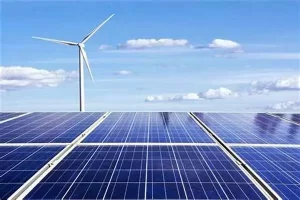
Unveiling Photovoltaic+Energy Storage: Four Major Application Scenarios Leading the Future of Energy
In this way, the energy landscape is evolving, and one of the most thrilling developments in renewables is the integration of photovoltaics energy storage.
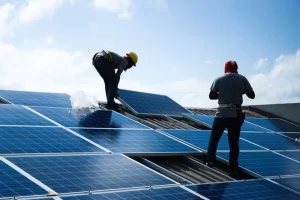
From Theory to Practice: Four Methods for Estimating Photovoltaic Power Generation
Photovoltaic power generation has become an essential part of modern energy solutions, particularly in home solar systems and distributed power applications
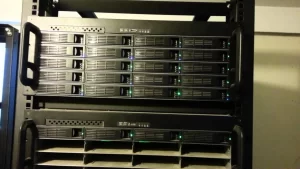
Rack-Mounted Lithium Iron Batteries: Creating Efficient and Reliable Energy Storage Solutions
When it comes to modern energy solutions, rack-mounted lithium iron batteries are taking center stage in a variety of industries. Whether you’re powering data centers, stabilizing energy for households, or keeping critical systems online at 5G base stations, these batteries have become the unsung heroes of our electrified world.
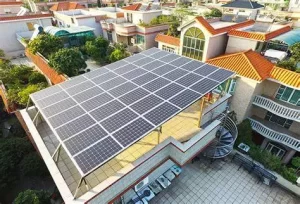
Late Night Energy Saving Tips: How to Maximize Electricity Savings During Off-Peak Hours
With rising energy costs, homeowners are increasingly exploring innovative ways to save on their electricity bills. One effective approach is utilizing off-peak hours—times when electricity rates are significantly lower due to reduced demand.
